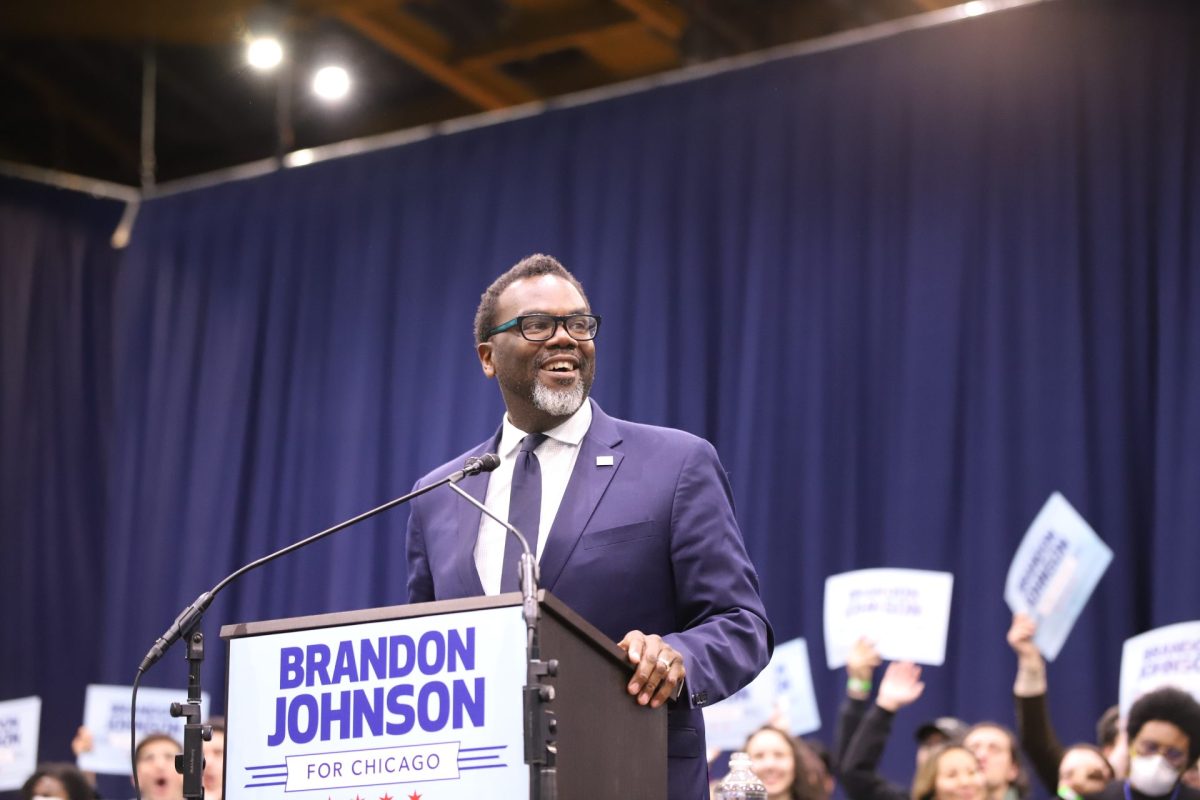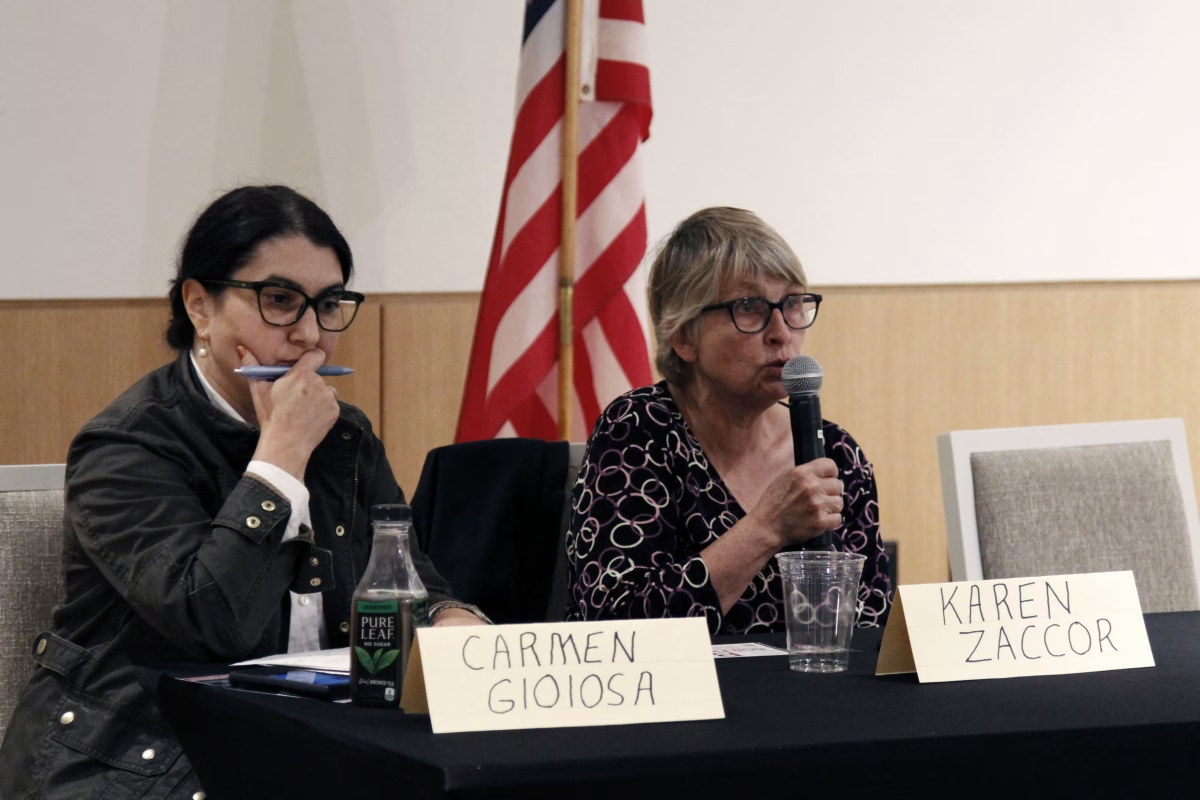When Mayor Brandon Johnson took office in May, many of his campaign promises involved combating Chicago’s long-standing history of environmental racism on the South and West sides. Most notably, Johnson plans on making Chicago a leader in sustainability while also creating and implementing a city-wide Green New Deal during his time in office.
Johnson released a series of transition committee reports in July, outlining his environmental goals, among other plans. An environmental justice subcommittee made up of community organizers and activists drafted the report to determine six overarching goals and over 100 recommendations for environmental justice in Chicago.
These goals aim to expedite the removal of lead in public water lines and to enforce a quick transition to clean energy. The Johnson administration also hopes to make utilities more equitable and to protect communities most affected by pollution, also known as environmental justice (EJ) communities.
Johnson’s first goal is to ensure “effective environmental justice oversight and responsiveness,” which involves delivering on commitments required by an environmental justice executive order issued by former Mayor Lori Lightfoot just days before her term ended. This executive order calls for completing a baseline cumulative impacts assessment by Sept. 1. On Sept. 18, the city publicly released an impact assessment report following through on Johnson’s campaign promise to complete the draft within the first 100 days of taking office.
“In the months to come, we will work to build support for a new ordinance that protects all Chicagoans from the cumulative impact of air and water pollution, climate change, improper land use and other stressors so that residents share directly in the benefits of creating healthy, sustainable communities throughout our city,” Johnson said in a Sept. 18 press release.
However, Johnson’s most ambitious goal is to bring back Chicago’s Department of the Environment (DOE), which was disbanded in 2011 under Rahm Emmanuel to reallocate funds in the city’s budget. Lightfoot also promised to reinstate the DOE but was unable to do so during her four years in office.
With the relaunch of the DOE, Johnson’s administration claims the department’s focus is to “embed the voice of communities in the decision-making process related to environmental decisions,” according to the environmental justice transition report.
Another major goal outlined in the report is to create Green New Deals for Chicago water and schools. This includes recommendations for substantially accelerating the replacement of lead water lines with the goal of changing out 40,000 lines by 2027. Under the current plan, the city has 50 years to replace all lead water lines in Chicago, meaning by 2027, the city would have only started removing 2% of those lines.
Other recommendations under this goal involve rebuilding Chicago’s shoreline, building more green stormwater infrastructure and installing solar rooftops and gardens at city schools.
Utility justice is also a focus of Johnson’s administration. One of his goals is to ensure all Chicagoans have equal access to electric, gas and water services and to work on crafting agreements that ensure low-income communities of color are provided with sustainable, long-term means to afford their utility bills.
To achieve utility justice, the report outlines centering community input in the ComEd franchise agreement, protecting low-income households from utility shut-offs, exploring the municipalization of ComEd and ensuring the city’s electrical supply is decarbonized by 2040.
While many remain hopeful Johnson’s administration will fulfill its environmental campaign promises, reporting by Mother Jones reveals activists are closely monitoring the city’s progress and are prepared to hold Chicago leaders accountable should those promises go unmet.








